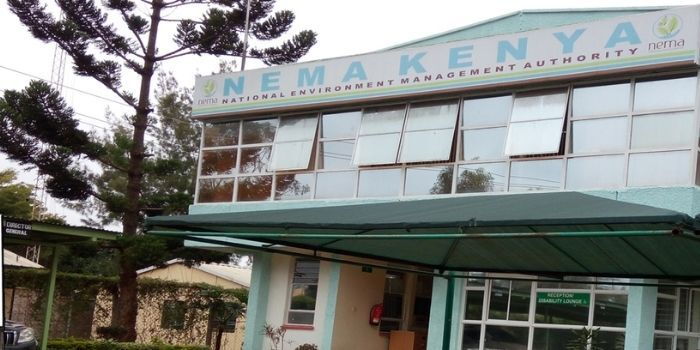The National Environment Management Authority (NEMA) has issued a 21-day ultimatum to county governments to comply with the Sustainable Waste Management Act (SWMA). In a notice dated September 19, NEMA directed counties to fast-track the transition to a circular economy by ensuring proper segregation of waste at source and in transit.
According to the directive, waste generators must separate their waste before disposal, while transporters are required to carry only segregated waste. NEMA has also ordered county governments to reorganize dumpsites to align with the new rules.
Under the guidelines, all waste must be stored in color-coded bins:
- Green bins – organic waste
- Black bins – general waste
- Blue bins – recyclables
NEMA emphasized that waste separation will help Kenya shift towards a circular economy, where waste is treated as a resource and valuables are recovered for reuse. Organic waste will be directed to material recovery facilities, reducing the amount of refuse dumped in landfills.
The authority further stressed that service providers must handle, collect, and transport segregated waste without mixing it. This comes after NEMA’s July 8 announcement that it would enforce household waste separation into organic and non-organic categories.
In addition, NEMA reminded Kenyans that plastic garbage bags remain banned, following the 2017 Gazette Notice that outlawed the manufacture, importation, and use of plastic carrier bags and flat bags. Instead, individuals and waste collection companies are urged to use biodegradable bags for packaging and disposal.
The move is aimed at improving environmental sustainability, cutting pollution, and ensuring counties align with national laws on waste management. Both private and public organizations are expected to fully comply with the new regulations.
Failure to implement these measures within the set timeline may expose counties to penalties, as the government pushes forward with strict enforcement of environmental laws.

